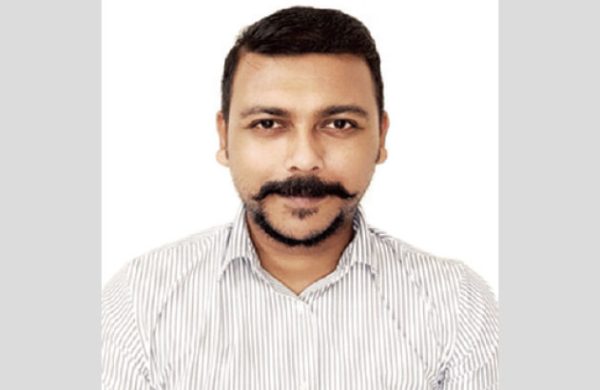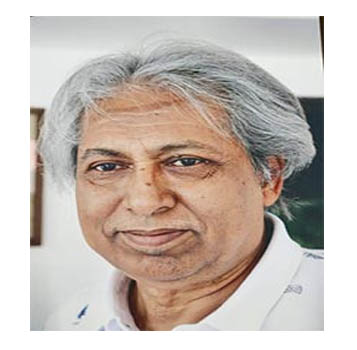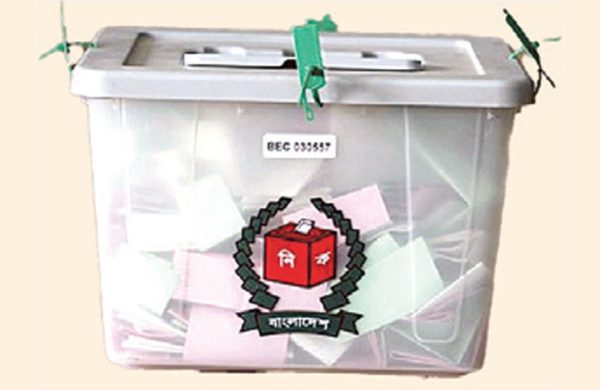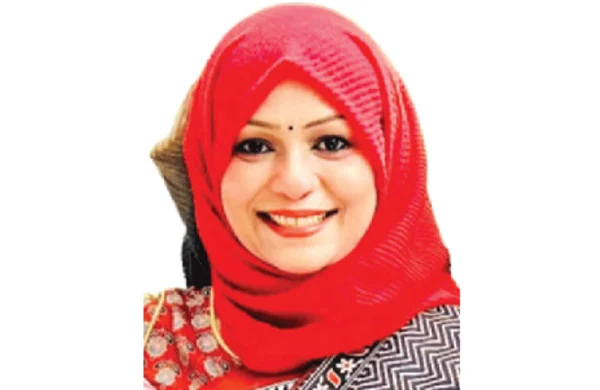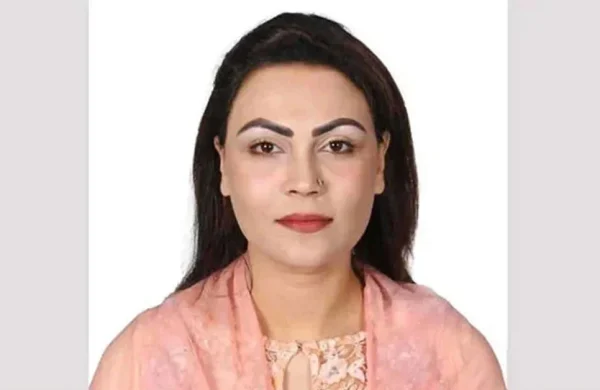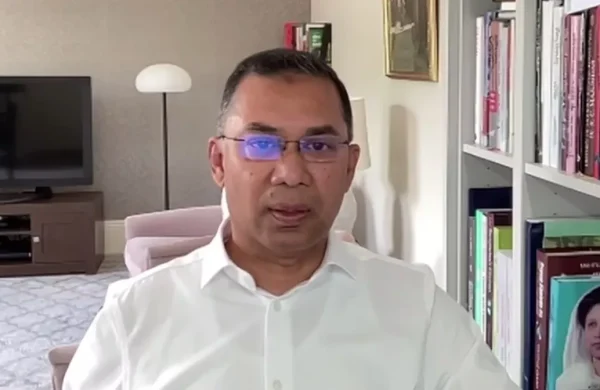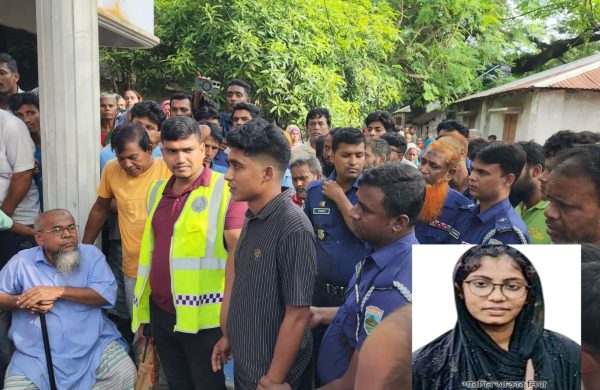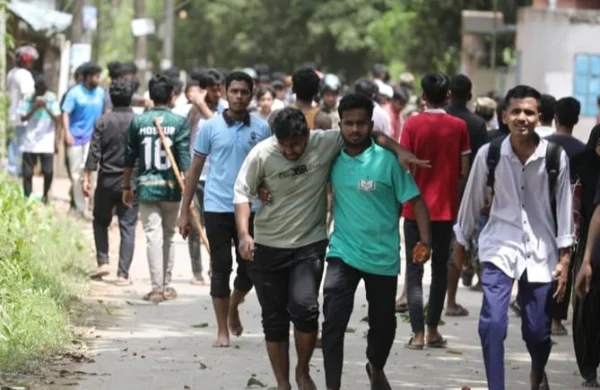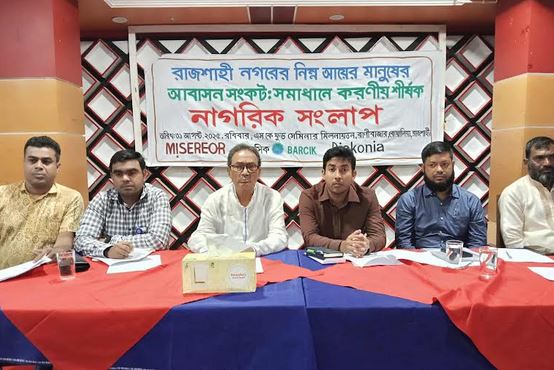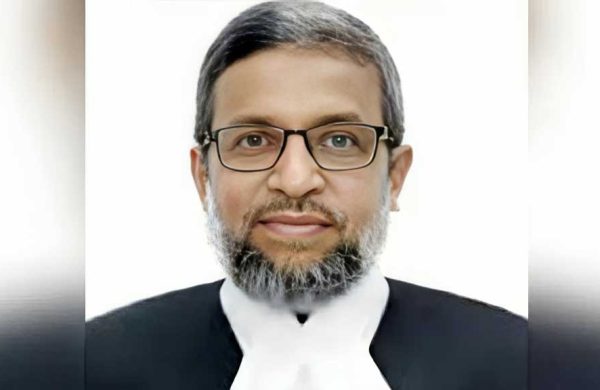Education: The Values We Need to Rediscover
- Update Time : Monday, August 4, 2025
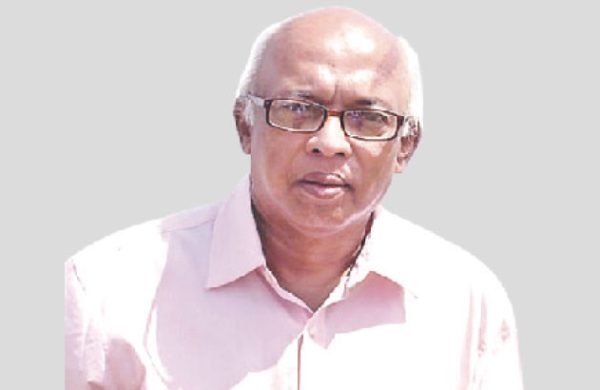
—Syed Badrul Ahsan—
It is time we did some hard talking about education, indeed about the way it is being imparted to the young in Bangladesh. Fundamentally it is a question of a return to the old values, as embodied by the system through which generations of students have gone through school and college. Might a return to the old ways take our education system back to the substantive exercise and experience it used to be?
The images of exuberant, ecstatic young men and women we are annually treated to in the newspapers and on television every time the SSC and HSC results are announced somehow remind us of what we have lost in education. And they do so because the present happens to be an era when you are literally bombarded with such new inventions as GPAs and various other grades, many of which quite escape you. That is because of the particular academic legacy you are heir to. When people like us went to school and college, and that was in the 1960s and 1970s, there was a simple method of marking in examinations that was followed.
We were not graded in the way today’s generation of the young are graded. But we did follow a system where division was all that mattered. The good students among us came away from their examinations with a first division. And after them came those with the seconds and the thirds. There were times when a student gathering a cumulative total of first division marks failed one subject and so needed a few grace marks to be able to get through. When that happened, sadly enough, his position swiftly went down to a third division. And, of course, there were a whole lot of other people who failed overall and thus had to go for a second attempt a year later, if they were so inclined.
The beauty of the old system was that a clear demarcation in merit was noticeable through the marks. It was a sense of competition that mattered. A student coming by 68 per cent of marks in his English papers at the HSC examinations generally felt disappointed that he was still behind another, who had managed to score 69 per cent. The upshot of it was that scores of students could obtain first division marks, but despite this sort of uniformity there were yet the many differences in scores that separated one student from another. There were other pretty positive aspects of SSC and HSC examinations as well in that era. To go through a subject successfully, one needed to obtain a minimum of 33 per cent of marks in the examinations.
Anything less was considered a failure. If the score was far below 33 per cent, the admissibility of grace marks simply did not arise. But if the gap between 33 and the actual score was small, there was a good possibility that the candidate would pull through. Another pretty interesting aspect of examinations in those days was something referred to as broad questions. It was, now that we think of it, an extremely efficacious way of testing the student’s intellect. The argument in those days was that objective questions, or questions that called for short, precise answers, were not really a credible way of judging the ability of a student. And that was a reason why students were made to go through the entirety of their syllabi as they prepared for the examinations.
But all those realities are today tales of a past that people in these present times would rather do without. Where in the old days guardians proudly informed relatives and friends of the letters and star marks their children had achieved at the examinations, today it is all a question of a GPA and a certain number attached to it. For those steeped in old methods of living, among which is clearly a traditional, almost fanatical devotion to old methods of examination, such a manner of scoring is something that is not quite comprehensible. Some there may be who would even be willing and ready to inform you that it is clearly unacceptable. Whether or not you accept the new or recall with fondness the system that once nurtured you is a different matter altogether. But what you most certainly will have reservations about is the rapidity with which education in Bangladesh has taken a new dimension altogether in the last few years.
In the first place, the bang with which private universities came into the academic scene over the last decade, or slightly more, has made the ground shift somewhat where students’ perceptions of their future is concerned. Almost all of these universities have placed regular, repeated and increased emphasis on a study of essentially two subjects, namely, information technology and business administration. Go for a survey around the trend and you will be surprised how vast the number of young people raring to go for academic courses in these two areas, but especially business administration, has been compared to those who have veered off into other areas of academic discipline. What has been happening is that education in all these years has pushed students into a sense of awareness about their career prospects once they finish higher education.
But do note that a careerist approach to education has in a way stifled the bigger goals that academia has always been known for. Let us not waste words. The unambiguous truth is that in all this expansion of education, in all this exciting turn toward syllabi that prepares the young for an assured career, it is liberal education that has died a slow and painful death. There are those among you who just might be tempted to suggest that liberal education is in a bad state of coma or on the way to extinction altogether. But look around you, and you will know that what you have before you is something of a brain-dead educational base that once so amply turned out idealists, dreamers, indeed people who not only shaped a view of what life ought to be but also strove hard to forge a worldview for themselves.
And that was done through a long, hard study of such subjects as literature, political science, philosophy, indeed the social sciences. That is not what you have now. There are not many private sector universities which can satisfy you with their position on the study of literature. That is when you know that a good number of these universities do not have departments that can help to satisfy your intellectual curiosity about life in the world and beyond. =
If there is one single damage that information technology has done to society in general, it has been to kill the urge for a pursuit of liberal education in the country. Yes, surely IT has worked wonders through essentially helping people discover newer truths about themselves and about their place in the universal scheme of things. It has brought the diverse regions of the globe closer together. But then, closeness, in that sense of uniformity, is not always a recipe for happiness. Distances not only make the heart grow fonder but also keep alive the sense of mystery that has impelled generations into an insistent pursuit of the unknown for centuries.
But now we have Artificial Intelligence. How does that affect the natural aptitude on the part of the young to education? And to extent lies the threat to original thinking and spontaneous writing?
—————————————————————————
Syed Badrul Ahsan writes on politics, diplomacy and history


